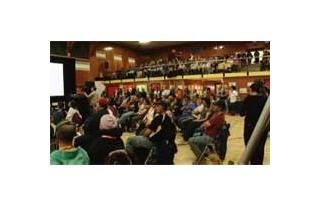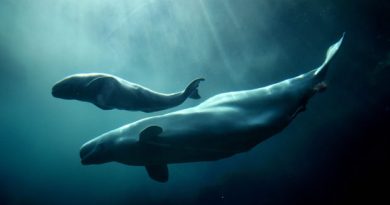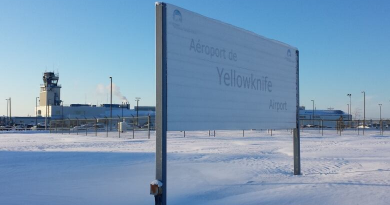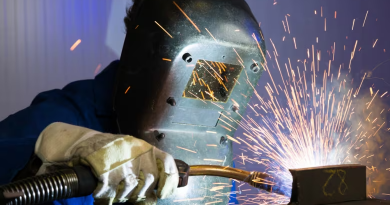Canada’s Yukon First Nations want apology from truth panel
 Yukon First Nations want an apology from the Truth and Reconciliation Commission for the accommodations it offered to residential school survivors in Inuvik, N.W.T. last month.
Yukon First Nations want an apology from the Truth and Reconciliation Commission for the accommodations it offered to residential school survivors in Inuvik, N.W.T. last month.
More than 30 Yukoners were among the 1,000-plus delegates to the Truth and Reconciliation Commission’s second national event in Inuvik, N.W.T., from June 28 to July 1. CBC More than 30 Yukon delegates attended the commission’s national event in the Mackenzie Delta community, from June 28 to July 1, in the hopes of sharing their residential school experiences with the federally appointed panel.
But delegates claimed they were subjected to filthy, unsafe and uncomfortable accommodations that had broken windows, no telephones and dirty water.
“You didn’t have soap, you didn’t have towels,” Jessie Dawson, a delegate from the Kwanlin Dun First Nation in Whitehorse, told CBC News.
“The difference between camping and staying in a place like this is when you go camping, you go prepared.”
Unable to share experiences
In addition to the accommodation problems, Dawson said many Yukon delegates did not get to share their residential school experiences at the national event.
‘Some of our citizens went up there [and] came back totally retraumatized.’—Grand Chief Ruth Massie
Dawson said three commission officials had promised to work on the accommodations.
“I said, ‘OK, great, but start getting our elders out of these places.’ We were also told they were going to rent us a vehicle with a cellphone, and also set up a meeting with the commissioners so some of the people can tell their stories,” she said.
“None of that has, had happened.”
Delegates to the Council of Yukon First Nations general assembly in Whitehorse last week passed a resolution demanding an apology from the commission.
“Some of our citizens went up there [and] came back totally retraumatized, so we have to deal with that and the support services for them,” said Grand Chief Ruth Massie.
Seek funding for next event
The council’s resolution asks the Truth and Reconciliation Commission to provide funding for Yukon delegates to attend the commission’s next national event.
Dawson said the Yukon delegates deserve another opportunity to tell their residential school stories and to be treated with respect.
The Truth and Reconciliation Commission was formed by the federal government in 2008, around the same time a formal apology was issued in the House of Commons for the abuses aboriginal people suffered at residential schools.
A large part of the commission’s mandate involves gathering statements from former students, through a combination of public hearings and private sessions.
The Inuvik event was the second national event to be hosted by the commission, which held its first major event in Winnipeg in June 2010. Similar gatherings will take place in Atlantic Canada, British Columbia, Quebec, Alberta and Saskatchewan over the next four years.
Originally posted July 11, 2011



